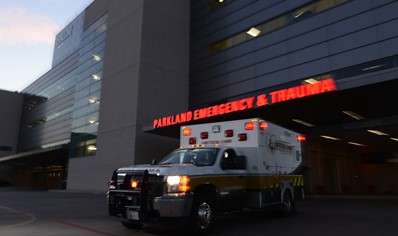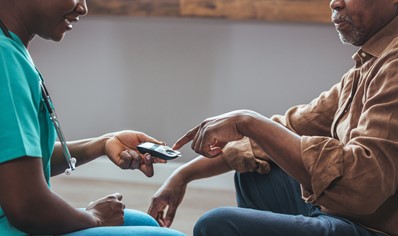
Opioids and Opioid Use Disorder: What You Need to Know
October 6, 2025
Have you heard of opioids, but aren’t sure what they are or why people use them? Keep reading for a list of frequently asked questions about opioids and their potential risks.
What are opioids?
Opioids, also known as narcotics, are strong medicines that help treat moderate to severe pain. They are often used after surgery or for injuries, chronic headaches, or backaches. They include both prescription medications and illegal drugs (such as heroin).
Common prescription medications containing opioids include:
- Hydrocodone (like Norco)
- Oxycodone (like Percocet or OxyContin)
- Morphine
- Codeine
- Tramadol
- Fentanyl
How do opioids help?
Opioids work by blocking pain signals in your brain and dealing with stress responses. They can make you feel more comfortable while your body heals. While opioids can relieve pain, they can be highly addictive as well.
How are opioids taken?
- Orally (pill, lozenges, or lollipops)
- Injection
- Patch
- Suppository
What are the effects of opioids?
Opioids can be dangerous if they are not used carefully. Some effects include:
- Sleepiness or dizziness
- Nausea, vomiting, or constipation
- Trouble breathing
- Addiction
- Overdose, which can be life-threatening
How do people misuse opioids?
- Taking the medication in a way or dose other than prescribed
- Taking someone else’s medication
- Inhaling powder (including crushed tablets)
- Injecting opioids into their veins with a needle; this increases the risk of hepatitis C, HIV, or bacterial infections that can affect the heart
Can you become addicted?
Yes. Even if opioid medications are taken correctly, some people can become addicted to them. Over time, the body gets used to having the drug, and a person may feel terrible without it. That is why it’s very important to take opioids exactly as your doctor tells you.
What is opioid use disorder (OUD)?
Opioid use disorder is a complex yet treatable medical condition. It is a chronic disease of the brain—sometimes called an addiction—characterized by persistent use of opioids despite their harmful consequences. People typically have both physical dependence on and loss of control over their opioid use, and they may experience serious consequences as a result.
How do you treat opioid use disorder?
Opioid use disorder can be treated with medications, counseling, and behavioral therapy.
- Medications are the standard way to treat opioid use disorder. Research has shown that using medications like methadone, buprenorphine, and naltrexone can reduce the risk of drug use and help patients live a normal life.
- Therapy is most effective when provided along with medication. Therapy can address coexisting mental health problems and help people complete their medication treatment successfully.
Questions?
If you have more questions about opioid use, talk to your provider or your pharmacist. If you need help finding a doctor or mental health resources, call PCHP’s Member Services team:
STAR Medicaid: 1-888-672-2277
CHIP/CHIP Perinate: 1-888-814-2352
TTY: 7-1-1
Monday–Friday, 8 am – 5 pm Central time.



